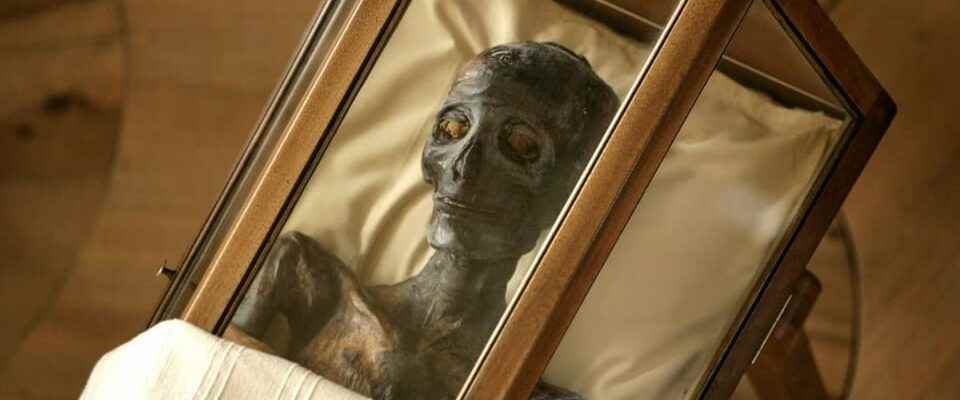contents
The St. Gallen Cultural Foundation honors Milo Rau’s artistic work. But the world changer is repurposing the prize money for a political campaign: He wants to set an example for dealing with colonial art.
A great privilege demands great responsibility. This guiding principle applies to few artists with such actionist expression as to Milo Rau. The Swiss director and theater director does not want to depict the world in his artistic work, but to change it.
Together with his management team at the Dutch Theater in Ghent, he has shown how this can be done in ten radical rules, the «Ghent Manifesto»
Milo Rau is now also radically dealing with the culture prize of the Sankt Gallen cultural foundation, which he will receive tonight. At the second attempt, so to speak, Milo Rau should have received a St. Gallen culture prize in 2018: not the same one, but the one of the city, which the city council denied him, contrary to the recommendation of the culture commission.
Dedication to a mummy
Milo Rau is redeploying the 30,000 francs in prize money for a political campaign: the mummy in the St. Gallen Abbey Library, known under the name Schepenese, is no longer to be shown unwrapped, but is to be returned to Egypt. He asked himself, “What can I do? What does St. Gallen need? And we unwrapped this Shepenese stolen from Egypt. Since then she has been presented naked in the Abbey Library, next to the oldest German Bible – a total absurdity! »
Legend:
The Egyptian mummy Schepenese is currently still in the St. Gallen Abbey Library.
Abbey Library of St. Gallen/Hannes Thalmann
The absurdity is to be associated with the «St. Gallen Declaration for Schepenese» to be done away with. For Milo Rau, the mummy is a symbol of questions about how to deal with colonial art in general. And for the spiritual handling of mortal remains. In a ritual this afternoon, Schepenese is to be symbolically sent on a journey: with an ancient Egyptian death ship on a hay cart from Eastern Switzerland. “Rituals are important to me to show the necessity of something to create an image,” says Milo Rau.
With spirituality against commerce
In his work, he often tries to bring spirituality into questions that have lost it. “It doesn’t seem to bother us ethically that a woman is stolen from the grave and displayed naked for money – next to a Bible. I think we need a ritual to become aware of it again. To find a level where we can discuss it.”
For Milo Rau, spirituality is a counterforce to general commercialization, and to that extent a genuine task of art. In order to be able to look at things with dignity again, which is often only used materially: “For us, these are all exhibits that you can capitalize on. I think we have to complete the enlightenment here with the hidden, perhaps forgotten part.”
When asked what place spirituality has in his art, the award winner replies: “The question of the dead. What is happening to us? What do we want to happen to us? What is our relationship to this world that is not right in front of our eyes and capitalizable? I believe that is the task of art today: to give back the betrayed and forgotten parts of the incomplete modernity.»
Shamans and priestesses appear more and more often at Milo Rau. They connect his theater with ritual and thus tie it back to the cultic beginnings of theatre.
